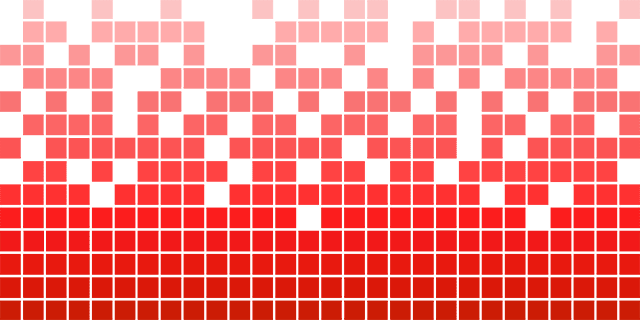Singular grand strategies
They don't work, because there is no one single way for anybody to improve.
Singular grand strategies seldom work because they don’t account for exigencies that emerge along the way. Adaptability is also important in the path to self-growth.
150
232 reads
CURATED FROM
IDEAS CURATED BY
The idea is part of this collection:
Learn more about personaldevelopment with this collection
How to find purpose and meaning in life
How to cultivate gratitude
Techniques for managing negative thoughts
Related collections
Similar ideas to Singular grand strategies
Mental and Creative Prowess
There are games designed to train and improve brain functionality, logical deduction, pattern recognition, memory, matching, and outside the box thinking.
The interactivity of games is one way to exercise your mind while having fun. That’s important because, like muscles, the brain will ...
Extrapolate your current situation
If you don’t know your reward yet, and you simply have no relevant experience to get to like self-discipline, leverage what you know.
For example: if you don't know what abundance means, because you have never experienced it, you probably know what financial struggles mean. Work f...
Red flags with personal improvement content
- You feel unworthy because you don't think you're doing enough to improve yourself. Self-improvement should help you to recognise your strengths and work on your weaknesses.
- Unrealistic expectations.
- Unproven claims. There ...
Read & Learn
20x Faster
without
deepstash
with
deepstash
with
deepstash
Personalized microlearning
—
100+ Learning Journeys
—
Access to 200,000+ ideas
—
Access to the mobile app
—
Unlimited idea saving
—
—
Unlimited history
—
—
Unlimited listening to ideas
—
—
Downloading & offline access
—
—
Supercharge your mind with one idea per day
Enter your email and spend 1 minute every day to learn something new.
I agree to receive email updates

